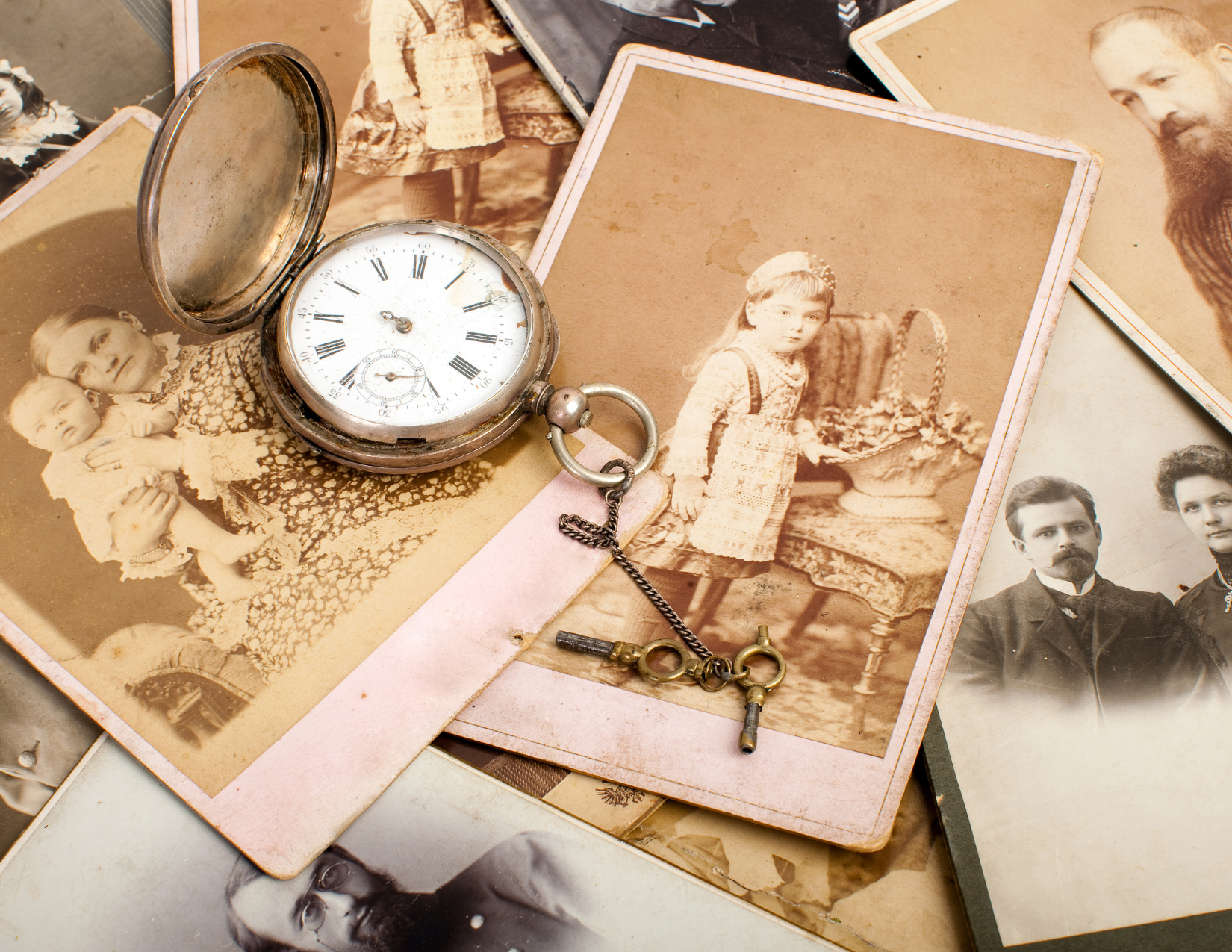
The Enchantment of Nostalgia and its Effect on Mental Health
This post may contain affiliate links, which means we may receive a commission, at no extra cost to you, if you make a purchase through a link. Please see our full disclosure https://sagecounselingtherapyandwellness.com/disclosure-privacy-policy-terms-of-use/ for further information. nostalgia nostalgia nostalgia
Nostalgia is the yearning for the past. It’s more than just a word or description. Rather it’s a story of reminiscence— a story through time— where each chapter shows you the joyous pleasure you once experienced. Although it was once viewed as a mental disorder or illness, in today’s world, it’s an emotion that resonates deeply within our hearts. Nostalgia was first derived back in 1688 by a Swiss physician named Johannes Hofer. He thought of it as a neurological illness that caused people to think and long for their homeland. It was a form of homesickness that burdened soldiers who were fighting away from their homes. Over time, however, the concept of nostalgia slowly evolved from the idea of a mental illness into a complex emotion that goes hand in hand with human life.
What is Nostalgia?
Nostalgia is a force that significantly influences our emotions and behavior. Doctors from the University of Southampton describe it as “a complex emotion that involves past-oriented cognition and a mixed affective signature.”While Nostalgia brings feelings of pleasure, it can also be tinged with a hint of sadness. This combination of sadness and pleasure is what makes Nostalgia such a unique emotion.
How does Nostalgia Work?
Nostalgia at its essence is the dance between your memories and your emotions all being choreographed by your brain. Learning about the intricacies and mechanisms of nostalgia displays its impact on shaping our mental health.
Nostalgia begins with our hippocampus and amygdala. These are the parts of your brain that deal with emotion and memory. The hippocampus and amygdala are usually triggered by some sort of external sensory cue/factor. This could be a familiar scent, rhythm, or even location. These sensory factors trigger this region of the brain, which begins the process of nostalgia. As we are triggered by nostalgic factors, our brains sift through our memories and selectively retrieve the emotion that aligns with that specific emotional tone. The selectivity of memory retrieval in nostalgia often emphasizes positive experiences, contributing to the overall uplifting nature of this emotion. This then leads to the activation of neurons which causes a release of different chemicals, like dopamine, into the brain, which is one of the roots of feeling joy and pleasure.
Moving past the individual impact of nostalgia, it also brings people together. Shared memories create a sense of community, leading to belonging and a shared identity. Whether it’s reminiscing about family traditions, school days, or adventures with friends, the act of collectively revisiting the past strengthens social bonds.
Role of Nostalgia in Mental Health:
Nostalgia’s impact on mental health includes various influential aspects of our psychological well-being. Here are some ways that nostalgia can contribute to our mental health:
- Emotional Stability:
Nostalgia is a natural regulator of emotions. When facing emotions like loneliness or sadness, a nostalgic memory or feeling may bring comfort and solace to an individual which in turn brings emotional stability and provides a positive contribution to our mental health.
- Positive Self-Identity:
The reflection of past memories and experiences helps construct our self-identity. It shapes your personality and helps you find your sense of self. Nostalgia helps us understand where we came from and helps us connect our past to our present. This then leads to an enhancement of your sense of self and may help develop a deeper understanding of your own beliefs and values.
- Social Connection:
As mentioned before, nostalgia often revolves around shared experiences with others. Revisiting these shared memories strengthens social bonds, creating a sense of belonging and connectedness. We see this strengthening of relationships in our everyday lives, like when you and your friend are at a dinner laughing about old fond memories. Whether through family traditions, school days, or cherished friendships, the communal nature of nostalgia enhances social support, a crucial factor in maintaining positive mental health.
The positive emotions associated with nostalgia contribute to an overall elevation in mood. Whether through laughter-inducing recollections or heartwarming moments, the act of reminiscing triggers the release of neurotransmitters that counteract stress and anxiety, fostering a more positive mental state as well as inspiring you to work harder and strive to recover that feeling of joy.
- Enhanced Creativity:
Research suggests that nostalgia can enhance creativity by broadening cognitive abilities. Nostalgic reflections encourage a flexible mindset, allowing individuals to approach problem-solving with a more open and innovative perspective. This cognitive flexibility contributes to adaptive responses to life’s challenges.
Tips to Embrace Nostalgia:
- Create a Nostalgia Journal:
Maintain a journal where you can document and reflect on positive memories. Writing about past experiences can provide a therapeutic outlet for emotions and serve as a tangible reminder of moments that bring joy.
- Engage in Nostalgic Activities:
Revisit activities, hobbies, or places that hold sentimental value. Whether it’s listening to favorite music, flipping through old photo albums, or revisiting childhood hangouts, engaging in nostalgic activities can evoke positive emotions and promote mental well-being.
- Connect with Loved Ones:
Reach out to friends or family members with whom you share fond memories. Connecting with loved ones and reminiscing about shared experiences strengthens social bonds, fostering a sense of connection and support.
- Balance Present and Past:
While nostalgia can be a valuable resource for mental well-being, it’s essential to maintain a balance between living in the present and cherishing the past. Finding harmony between nostalgia and embracing current experiences is key to holistic mental health.
Overall, nostalgia plays a significant role in shaping our lives and mental health. By understanding how nostalgia works, we can utilize it in a variety of different ways such as enhancing our creativity, elevating our mood, and many other fascinating ways. Nostalgia is constantly cultivating a healthier and better lifestyle for us all.
To discuss how therapy could help you during this season of your life, please contact me or schedule your free 15 minute consultation.
References:
Arlin Cuncic, M. (2023, May 22). Nostalgia-how to enjoy reflecting on the past. Verywell Mind. https://www.verywellmind.com/what-is-nostalgia-5272007
Author links open overlay panelWijnand A.P. van Tilburg, & AbstractAn effective way of identifying the psychological role of an emotion is by probing its position relative to other emotions. (2022, December 15). Locating nostalgia among the emotions: A bridge from loss to Love. Current Opinion in Psychology. https://www.sciencedirect.com/science/article/pii/S2352250X22002640
Layton, J. (2023, March 8). How nostalgia works. HowStuffWorks Science. https://science.howstuffworks.com/life/inside-the-mind/human-brain/nostalgia2.htm
“Nostalgia – from Cowbells to the Meaning of Life.” BPS, The British Psychological Society, 3 Jan. 2008, www.bps.org.uk/psychologist/nostalgia-cowbells-meaning-life.
Oba, K., Noriuchi, M., Atomi, T., Moriguchi, Y., & Kikuchi, Y. (2016, July). Memory and reward systems coproduce “nostalgic” experiences in the brain. Social cognitive and affective neuroscience. https://www.ncbi.nlm.nih.gov/pmc/articles/PMC4927028/
Person. (2021, July 15). Nostalgic depression: What it is & how to cope. Healthline. https://www.healthline.com/health/depression/nostalgic-depression#:~:text=The%20upside%20of%20nostalgia&text=In%20fact%2C%20experts%20have%20associated,you’ve%20grown%20over%20time.
Petratou, E., Paradisi, N., Diamantis, O., & Stalikas, A. (2021, February 3). Nostalgic scent of childhood increases creativity. SCIRP. https://www.scirp.org/journal/paperinformation?paperid=107160#:~:text=Research%20on%20the%20impact%20of,%2C%20%26%20Hui%2C%202013).
The Meaning of Nostalgia | Psychology Today, www.psychologytoday.com/us/blog/hide-and-seek/201411/the-meaning-nostalgia. Accessed 10 Jan. 2024.
WebMD. (n.d.). What is nostalgia? examples, health benefits, and history. WebMD. https://www.webmd.com/balance/what-to-know-about-nostalgia
Want to read more? Here are a few of my related blog posts you may be interested in checking out!




0 Comments